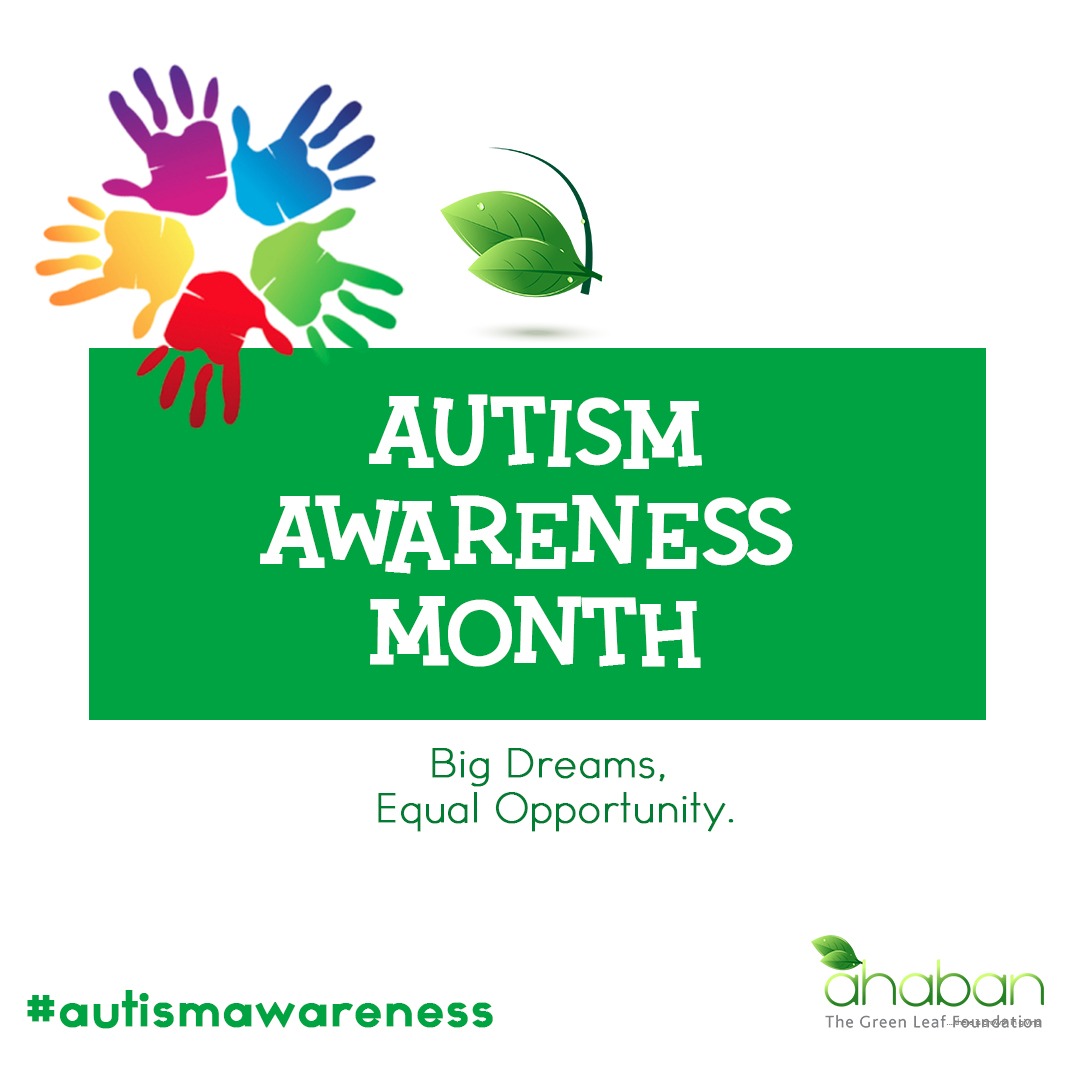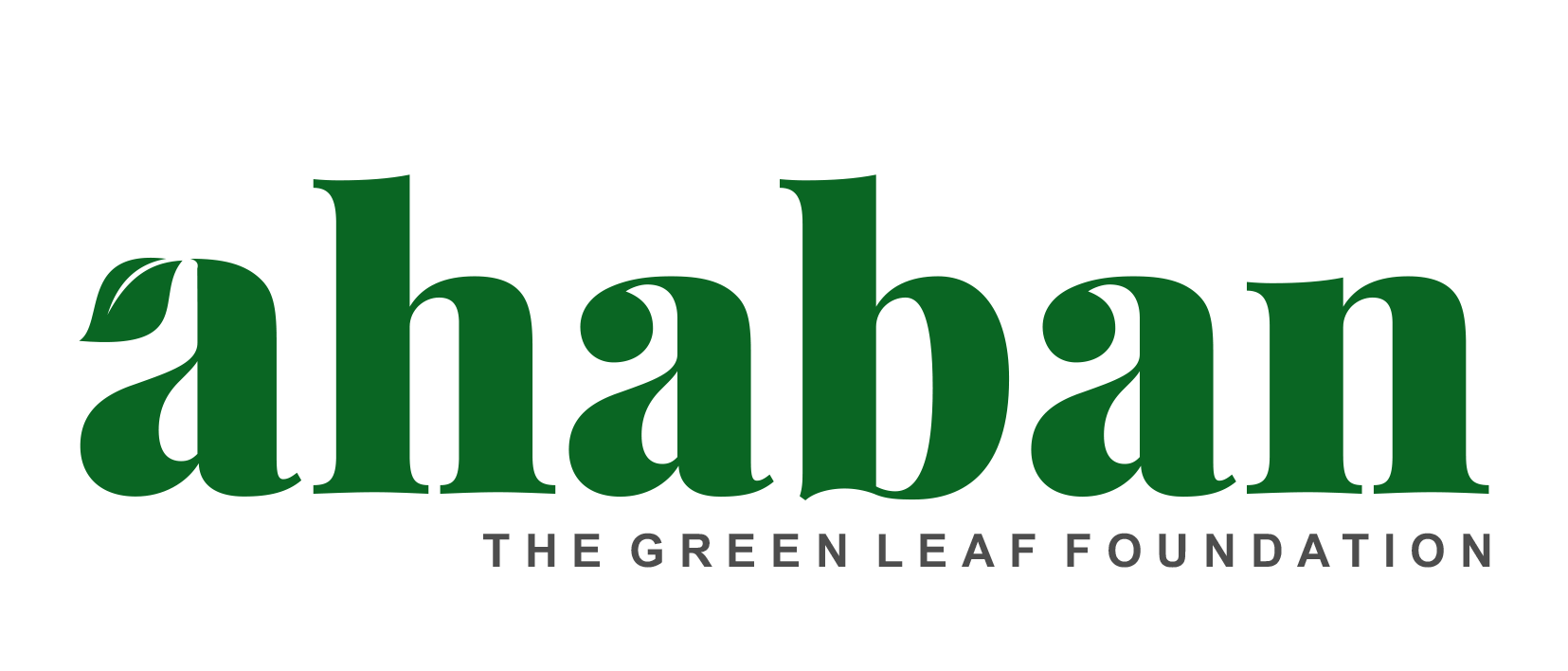
#GreenFacts – Autism In depth (Signs and Symptoms)
Signs of Autism
Before a child turns three, careful observers can see signs of autism. Some children develop normally until 18-24 months old and then stop or lose skills. Signs of an ASD can include:
- Repeated motions (rocking or spinning)
- Avoiding eye contact or physical touch
- Delays in learning to talk
- Repeating words or phrases (echolalia)
- Getting upset by minor changes
It’s important to note that these signs can occur in children without ASDs, too.
Early Warning Signs: First Year
Even young infants are very social, so it’s possible to detect signs of autism in how babies interact with their world. At this age, a child with an ASD may:
- Not turn to a mother’s voice
- Not respond to his own name
- Not look people in the eye
- Have no babbling or pointing by age one
- Not smile or respond to social cues from others
Babies who do not have autism can have these behaviors, too, but it’s best to contact your doctor right away with any concerns.
Early Warning Signs: Year Two
The signs of autism are more noticeable in a child’s second year. While other children are forming their first words and pointing to things they want, a child with autism remains detached. Signs of autism include:
- No single words by 16 months
- No pretend games by 18 months
- No two-word phrases by age 2
- Loss of language skills
- No interest when adults point out objects, such as a plane flying overhead
Other Signs and Symptoms
People with autism sometimes may have physical symptoms, including digestive problems such as constipation and sleep problems. Children may have poor coordination of the large muscles used for running and climbing, or the smaller muscles of the hand. About a third of people with autism also have seizures.
